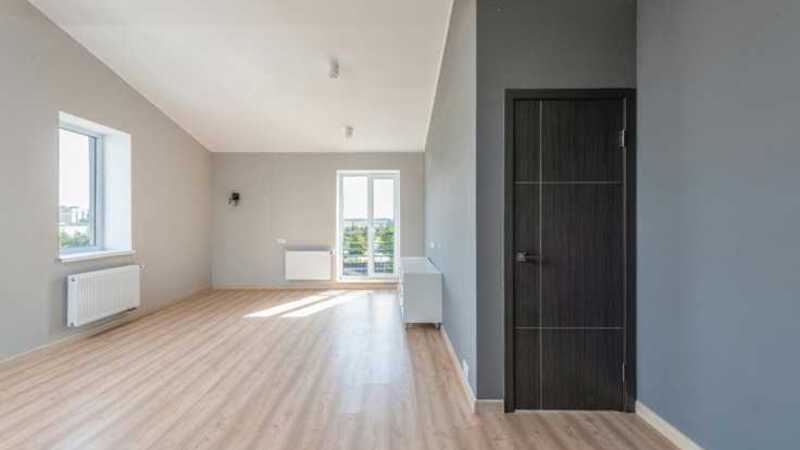If you’ve ever noticed that some of the radiators in your home are red-hot while others are lukewarm or even cold, then you’re not on your own. This is a common issue for homeowners throughout Australia. Asymmetric heating can be maddening, not to mention wasteful, with you getting cold rooms and maybe higher energy bills. So why does it happen? Here, we examine some of the most common causes of uneven heating of radiators and how to fix it.
Trapped Air in the Radiators
The most frequent reason why radiators fail to heat evenly is the trapping of air. Radiators work by circulating hot water in their pipes in order to shed heat into the room. However, when air becomes trapped inside the system, it will keep the hot water from flowing freely. What this implies is that certain sections of the radiator will be cold despite the heating system being on.
You can generally work out that trapped air is the issue if the bottom of the radiator is warm and the top is cold. The good news? The issue can generally be cured with “bleeding” the radiators. With a radiator key, you can let off the trapped air, allowing the hot water to run more efficiently through the system. While relatively easy, if you’re not comfortable doing it yourself, getting in a professional such as J.O. Plumbing in Mount Waverley is always the way to go.
Sludge Build-Up at the Base
Radiators tend to gather sludge, rust, and other waste products at the bottom over time. The build-up causes blockages that inhibit hot water from circulating through the system, creating cold spots. Build-up of sludge is usually common in very old central heating systems and significantly reduces the performance of your radiators.
If you think the issue is with sludge, you may notice individual radiators heating less effectively than the others or uneven distribution of heat over their surface. Fixing this typically involves something called power flushing, where a qualified engineer uses some specialised kit to clear the sludge and gunk out, and your radiator’s heating operates more effectively once again.
An Imbalanced Central Heating System
Sometimes, the issue is not with an individual radiator but with the balance of the whole central heating system. Balanced systems provide hot water to pass through all radiators in your home uniformly. But in case the system is not balanced, you can observe that the radiators closest to the boiler heat up and warm faster, while radiators that are far away don’t get warm at all.
An unbalanced system requires adjustments to your radiator valves, lock shield valves, which control the flow of water into the radiator. You can ensure there’s an equal provision of heat within your house by adjusting these lock shield valves carefully. Though one can try, balancing a heating system might not be straightforward, and you’d do better if you let the job be handled by a certified technician.
Valve Issues
Faulty or stuck radiator valves are also a cause of unequal heating. Manual valves or Thermostatic Radiator Valves (TRVs) could be faulty after a period or could be set by mistake to restrict water supply. This would deprive hot water from entering the radiator altogether and make it cold despite settings on your heater.
Replacing the valves and checking them is usually enough to fix the issue. If your valves are quite old, a change to new thermostatic valves not only improves the efficiency but also allows for more control over the temperature in individual rooms.
Professional Assistance for Long-Term Solutions
If DIY is not an option for your radiator problems, or you don’t know what the issue is, it’s better to call in a professional heating expert or plumber. A professional will be able to diagnose the issue, whether that’s trapped air, sludge, or something else, and recommend the best course of action. With the right know-how, you can keep your home warm and energy-efficient.
Take Control of Your Heating
Uneven heating from the radiator can be due to a number of factors. Some of these may require only DIY fixes, but others require professional attention. If you experience uneven radiator performance, it is better to repair it early to increase comfort and efficiency in your home. Do not wait to contact a local plumber so that your heating system will work just as needed.
